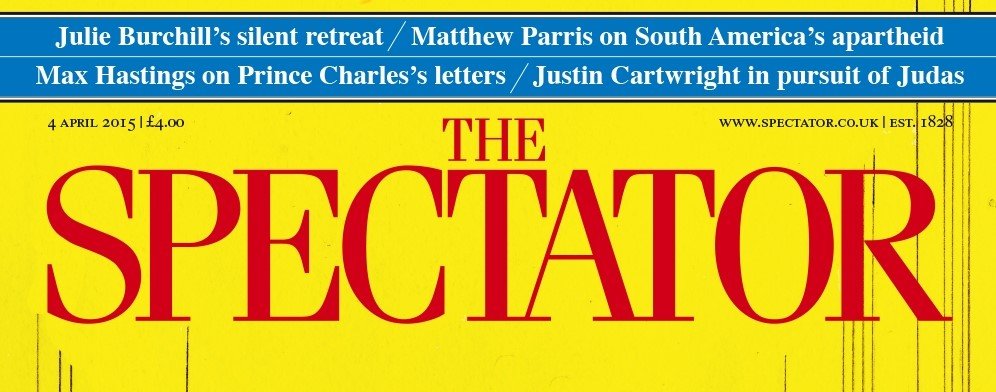The Secret Life of the Short Story
Originally published in The Spectator
The short story likes to play the role of the underdog. Famously unfavoured by publishers, it has none of the commercial clout of the novel. Denying itself the luxury of length, it is a martyr to the cause of shortness. When the short story writer Alice Munro was awarded the 2013 Nobel Prize in Literature, she seemed to personify the supposed modesty of her craft. With the consent of the Swedish Academy, the short story had finally gained the status of a stand-alone art form: no longer, to quote Munro, ‘just something you played around with until you got a novel.’
All this modesty seems at odds with the idea of an ‘epiphany’ — a device associated with the stories of Joyce, and the hallmark of two new collections by D.J. Taylor and Salley Vickers. Through a sudden discovery or disappointment, a twist of the wrist or a scene at the beach, a character’s outlook on the world is fundamentally realigned. As might be expected from a form with an inferiority complex, such epiphanies are, more often than not, melancholy.
The characters of D.J. Taylor’s Wrote for Luck are an unlucky bunch. Cursed by self-awareness amid the chattering classes, his loveable bluffers and tragic Cassandras fight for intellectual superiority against a slough of biddies, bimbos and incorrigible bores. Wires are crossed in Wimbledon back gardens; pseuds clink glasses with faithless spouses at barbecue parties in Putney. North Oxford looms large, as do the Norfolk broads. Now and again we are taken to a dreamy, lyrical Americana, but Taylor’s comfort zone is clearly back in Blighty, making acute observations about the middle-class mantelpiece or a hostess’ choice of ‘kiwi-fruit mousse’.
You can’t help feel that D.J. Taylor would be an uncomfortable presence at a dinner party — or, God forbid, a book club. A spinster cousin enjoys Atonement. A self-assured young graduate at the BBC flicks through Possession. A fan of Captain Corelli’s Mandolin fails to recognise the source of Taylor’s title quote — it’s Beckett, of course. Only a writer coolly convinced of his own originality could describe a character as ‘a stickler for seemly cliché’, and there’s no denying that Taylor is a master of his art. Then again, there are only so many wry little disappointments, so many narratives left poignantly unravelled before you feel you’ve just read a manual on how to write the perfect short story.
A few pages of Salley Vickers’ The Boy Who Could See Death is enough to make you nostalgic for Taylor’s well-crafted sentences. While her more fanciful narratives have proved successful in novels, as short stories they’re reduced to mere whimsy. With no time to convince the reader of their sincerity, tales of wolfmen and well-bred kleptomaniacs become either gratuitously batty or painfully predicable. Her retelling of A Winter’s Tale, complete with mock-Shakespearean dialogue, would have Taylor’s Putney lot gnashing their teeth.
The eponymous ‘boy who could see death’ suffers from ‘the guilt which superior knowledge will often bring.’ Meanwhile, the weather analyst of Taylor’s ‘Rainy Season’ is less timid about the prophetic powers conferred on him by the Met Office. He takes an authorial tone when he claims that ‘people, too, had this susceptibility to analysis, this potential for enslavement to the grand laws of pattern and design. All that was needed was confidence in one’s judgment.’ Perhaps it’s that confidence to claim the role of the prophet which makes for good short story writer — the power to persuade readers that the world could be put out of kilter by a single, insignificant event. Beneath a veneer of modesty, the best short stories harbour megalomaniac tendencies.
Originally published in The Spectator
